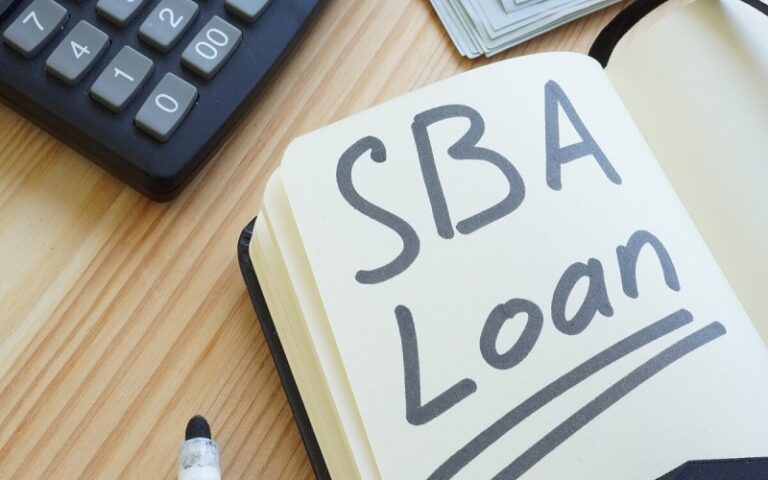In India, where gold holds not just intrinsic value but also deep cultural significance, leveraging this precious metal to meet urgent financial needs is becoming increasingly common. Opting for a gold loan can indeed be a practical and swift means to secure funds. However, before you jump to the “Gold Loan Apply” step, understanding what factors affect your eligibility is crucial. This article delves into the nuances of gold loan eligibility, simplifying the process and helping you make informed decisions.
Understanding Gold Loans
A gold loan is a secured loan where you pledge your gold ornaments or coins as collateral. Financial institutions offer this loan usually at a competitive interest rate, making it an attractive option for borrowers. Unlike personal loans, which require a thorough check of creditworthiness, gold loans are approved swiftly, thanks to the value of the gold deposited.
Why Choose a Gold Loan?
Before we explore what affects your eligibility, let’s touch upon why individuals in India prefer gold loans. The foremost reason is speed. When you’re in a financial pinch, time is of the essence. Gold loans are typically disbursed quickly, often within a few hours. Additionally, they require minimal documentation compared to other loans.
Furthermore, with gold trading at a robust price, the loan amount can be significant relative to the pledged asset. Whether it’s for education, a medical emergency, or a business venture, a gold loan offers a financial cushion.
Key Factors Affecting Gold Loan Eligibility
1. Value and Purity of Gold
The foundation of any gold loan lies in the value and purity of the gold being pledged. The potential loan amount is primarily determined by these factors. In most cases, banks or financial institutions accept gold with a purity of 18 carats or higher. The higher the purity, the higher the loan amount you can expect.
Analogy: Think of it like getting a loan against property. Just as the location and condition of your property affect the loan amount, the purity and quality of your gold impact your possible credit.
2. Loan-to-Value (LTV) Ratio
The Reserve Bank of India (RBI) mandates a maximum LTV ratio, which is the percentage of the gold’s market value that can be lent. As of now, the permissible LTV ratio is up to 75%. This means if your gold is valued at ₹1 lakh, you might access a loan amounting to ₹75,000.
3. Borrower’s Profile
While gold loans are primarily secured loans, lenders do consider the borrower’s profile to some extent. Factors such as your age, employment status, and overall financial background can influence approval. Though a pristine credit score isn’t necessary, some lenders might still perform a soft check to assess any potential risks.
Stat Insight: A 2022 survey by CreditVidya revealed that nearly 40% of gold loan borrowers were salaried professionals, showcasing a trend where even steady earners utilise this option for quick liquidity.
4. Repayment Terms
Lenders offer various repayment options, from bullet payments to monthly instalments. Opting for a repayment method that suits your financial situation can impact your eligibility. Being transparent about your preferred repayment plan during the Gold Loan Apply stage can aid in smoother processing.
5. Economic Conditions
The broader economic environment can also influence gold loan dynamics. In times of economic uncertainty, lenders might tighten their policies, impacting the LTV ratio or interest rates. Staying abreast of economic trends can better prepare you for loan negotiations.
Tips to Enhance Gold Loan Eligibility
1. Ensure Optimal Gold Quality
Before pledging, consider having your gold assessed by a trusted jeweller. Cleaning and maintaining its shine and lustre can also favourably impact its valuation.
2. Proper Documentation
Though minimal, the necessity for clear documentation can’t be underestimated. Keep identification proofs and ownership documents readily available to avoid delays.
3. Choose a Reputable Lender
Not all lenders offer the same terms. It’s wise to compare interest rates, processing fees, and customer service reviews before making a decision. Reputable lenders might offer better terms, thereby affecting the ease with which your loan is processed.
4. Evaluate Repayment Strategies
Proactively planning your repayment method not only aids in eligibility but also ensures you don’t fall into a debt trap. Consider the interest and principal amounts before committing to a repayment schedule.
Common Misconceptions About Gold Loans
1. High Interest Rates
A prevailing myth is that gold loans come with higher interest rates. In reality, since these are secured loans, the interest rates are often lower than those of unsecured loans like personal loans.
2. Risk of Gold Seizure
While the fear of losing one’s gold might deter some, it’s worth noting that gold is only seized when repayments default consistently. Being diligent about repayments will keep this risk at bay.
3. Gold Valuation is Unfavourable
Some assume that lenders undervalue gold. Authentic financial institutions follow standardised processes to evaluate gold, ensuring fair market valuation.
Conclusion: Steps Forward in Your Gold Loan Journey
Gold loans stand as a testament to the potential of turning dormant assets into active financial resources. By understanding the intricacies that affect your loan eligibility, you place yourself in a better position to navigate this financial avenue effectively. Whether you’re a first-time borrower or someone acquainted with gold loans, staying informed and prepared ensures that your financial goals are met seamlessly.
As you contemplate the “Gold Loan Apply” process, remember that choosing the right lender, maintaining transparency, and staying informed are key steps towards a successful financial strategy. Reflect on your needs, weigh your options, and let your gold work for you.













+ There are no comments
Add yours